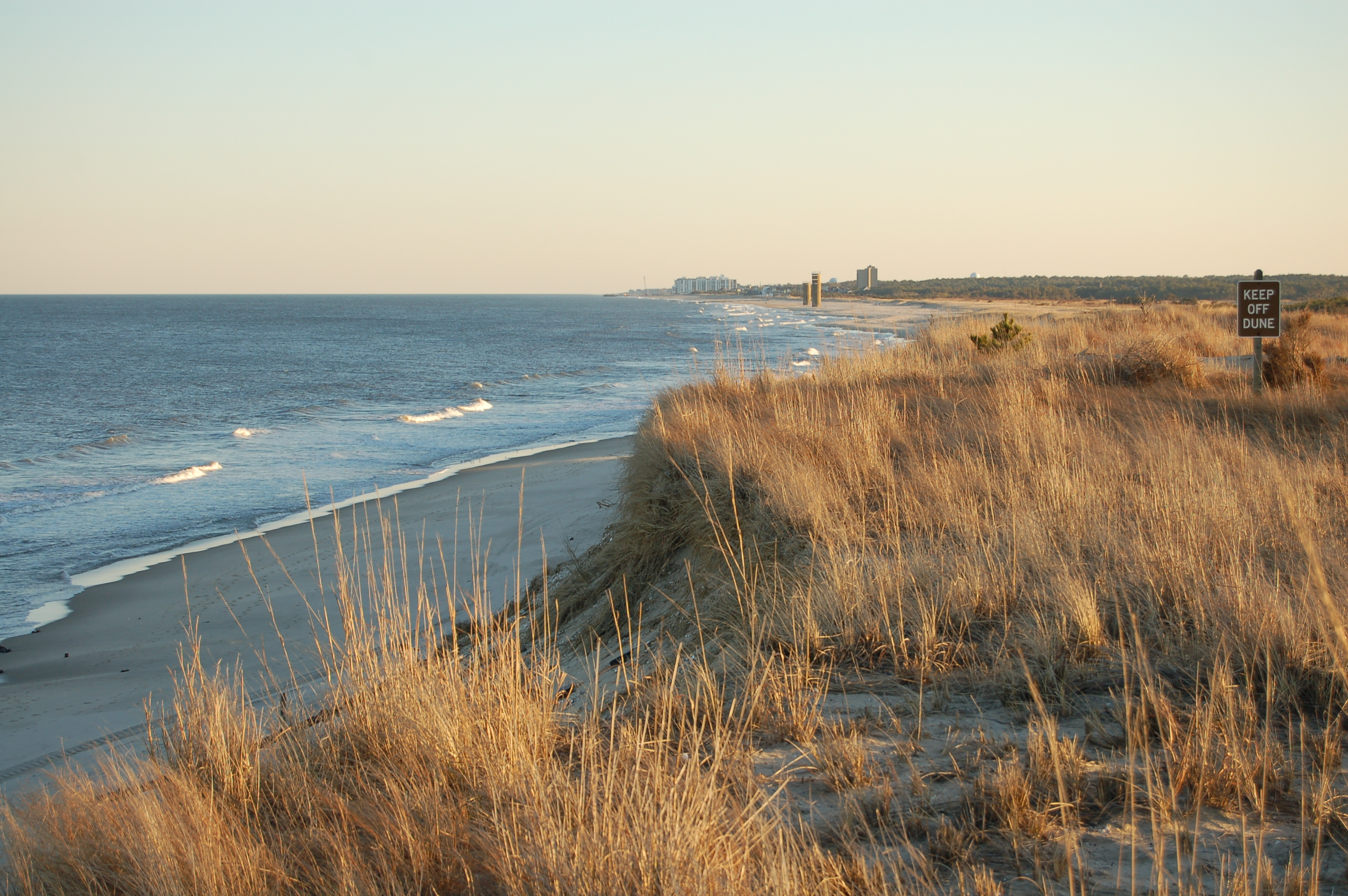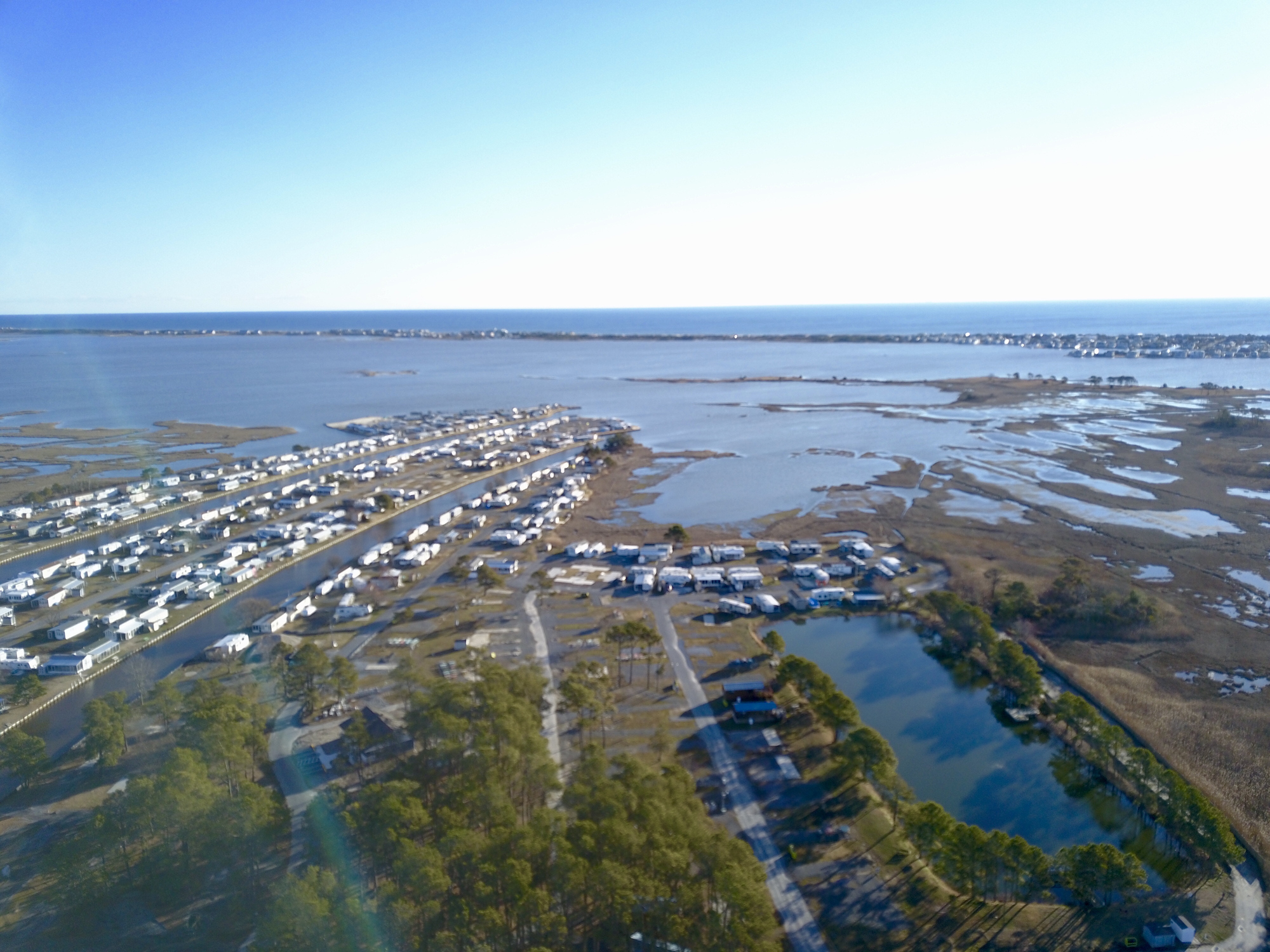Delaware’s Climate Action Plan Takes Off
The Takeaway: The Delaware Coastal Management Program helped develop the plan, and public-private leaders have embraced it, proposing initiatives that will reduce greenhouse gas emissions and fast-track adaptation steps.

Delaware’s Climate Action Plan outlines actions that can reduce greenhouse gas emissions while making the most of climate-change readiness. Recommendations include increasing electric vehicle sales and transportation infrastructure; growing natural infrastructure projects; and providing tools and guidance to help industries, utilities, and frontline communities “de-carbonize” while improving their hazard resilience. Key information from the Delaware Coastal Management Program was used in onsite and virtual public presentations. This coastal program also leveraged expertise and feedback from many state agencies when developing climate action plans and strategies.
What’s more, state officials and technical experts are transforming several climate plan recommendations into forward-looking actions that Delawareans will soon experience for themselves. Find out about these positive changes, below.

- Through Governor Carney's commitment to the U.S. Climate Alliance, Delaware is working hard to cut its 2005 to 2025 greenhouse gas emissions by at least 26 percent. Newer modeling shows that, with additional state support, emission reductions could exceed 31 percent by 2025.
- The Department of Transportation has set up a Division of Resiliency and Sustainability to make transportation options more green, and “to protect and maintain assets affected by sea level rise,” among other goals.
- Delaware is in the process of adopting California’s Zero Emission Vehicle regulation, which mandates and incentivizes sales of many more electric vehicles. The state goal is 17,000 electric vehicle sales per year by 2030.
- The state’s $1.4 million in grants—plus nearly $18 million over five years via the federal infrastructure law—will enable Delaware to build out its electric vehicle charging networks.
- By 2023, 10 percent of state fixed-route buses will be all-electric. In addition, paratransit vehicles (for people with disabilities who cannot use fixed-route services) have switched from gasoline to propane fuel, which emits less greenhouse gas.
- Managers of current and future state-owned buildings aim to shift to electricity (from renewable energy sources) for heating and cooking, rather than using propane oil and natural gas.
- Governor Carney’s A Tree for Every Delawarean initiative will plant roughly one million new trees to lock up extra greenhouse gas emissions, lessen flood damage, and enhance shade during warmer temperature extremes.
- The state is exploring offshore wind energy opportunities, and addressing challenges in gaining access to renewable energy.
The Delaware Coastal Management Program is part of the state’s Department of Natural Resources and Environmental Control, which coordinated the climate action plan. This plan was informed by residents, businesses, and organizations from around the state. (2022)
Partners: Delaware Department of Natural Resources and Environmental Control’s Air Quality and Climate, Coastal, and Energy Divisions
PRINT